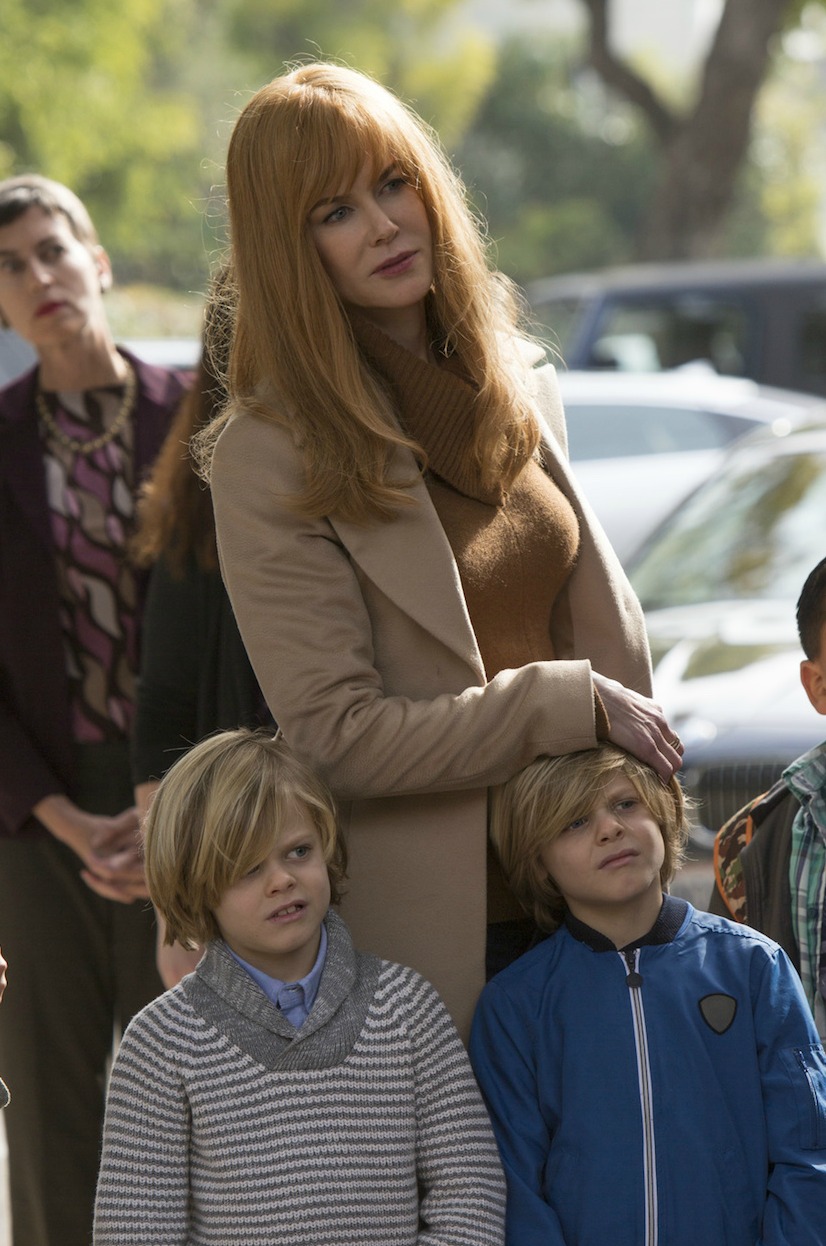What “Big Little Lies” Got Right About Domestic Violence

I was impressed, and maybe a little surprised, to see that HBO’s breakout mini-series “Big Little Lies” offered big truths when it comes to domestic violence.
The show portrayed a disturbingly violent marriage between a wealthy, privileged couple – Celeste and Perry – played by Nicole Kidman and Alexander Skarsgård.
(SPOILER ALERT) The series brilliantly exposed a heartbreaking effect of domestic violence in its finale last week: it was revealed that Celeste and Perry’s 6-year-old son Max had been secretly abusing and bullying a classmate at school. The revelation proved to Celeste that her “private” abuse at the hands of Perry had indirectly managed to affect their child. Max’s exposure to the abuse in his household was clearly evident in his mirroring behavior at school.
This plot reveal actually aligns with research. Our Changing Minds campaign demonstrates how witnessing traumatic events, like domestic violence or fighting, can impact the physical development of a child’s brain—potentially leading to lifelong health and social issues.
Here at FUTURES, we believe that if violence can be learned, then it can be unlearned.
The unlearning of violence is the cornerstone of a lot of the work we do, whether it’s training legal, health, and education professionals on prevention strategies; providing resources to key policymakers in Washington D.C.; or equipping coaches with tools to teach young men about respect.
Entertainment plays a critical role in preventing violence by shaping our social behavior and culture. I’m pleased to see “Big Little Lies” rose to the challenge and got domestic violence right.
For more on our Changing Minds research, visit changingmindsnow.org.




